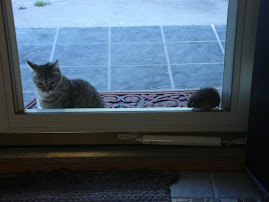In the classic 1946 film It's a Wonderful Life, the main character, a small-town bank officer played by Jimmy Stewart, is about to commit suicide when an angel shows him how different the lives of people in Bedford Falls would be if he hadn't been born. The movie is a favorite because it affirms how each of us touches the lives and shapes the future in unexpected and often marvelous ways.
More modern films like Back to the Future, Sliding Door, and Frequency are built on a similar premise: If you change the past, you change the future - often in dramatic and unpredictable ways. If you change one thing, you change everything.
Given the potential impact of every decision you make, it's wise to think ahead. Although few things turn out exactly as we plan, the better we understand how our choices start a chain reaction of events, the more likely we are to get what we want.
The enormous complexity of cause and effect leads to another conclusion: It's futile to look back at our lives with "what if" scenarios. What's done is done. Although changing our past would change our present, it would do so in ways that are so unpredictable that we could never know whether it would be for better or worse.
Accept and celebrate the fact that what you are today is a direct result of everything that's happened to you. It's pointless to wish things were different. Remember, if you change one thing, you change everything.
Michael Josephson
http://www.charactercounts.org/







